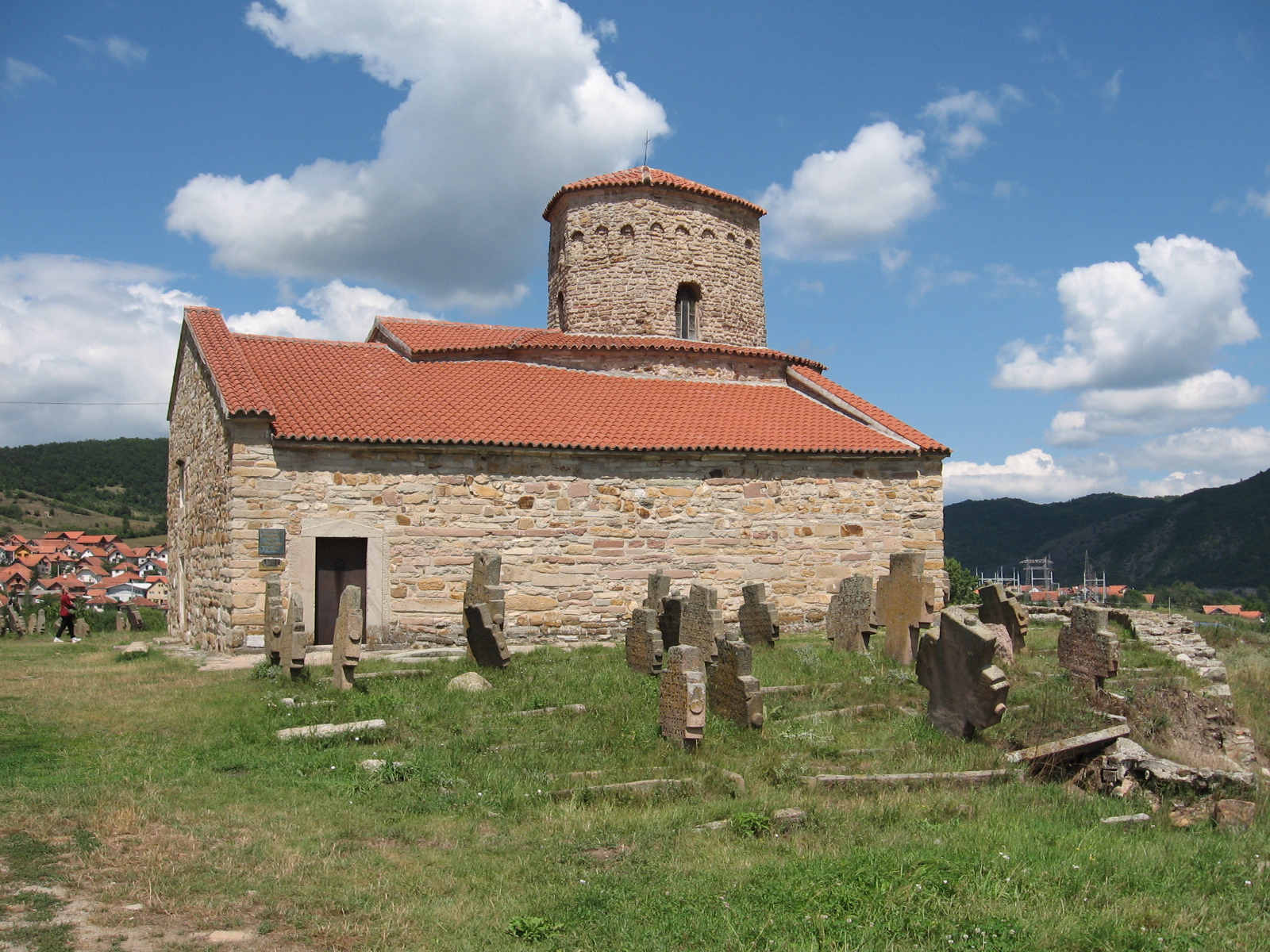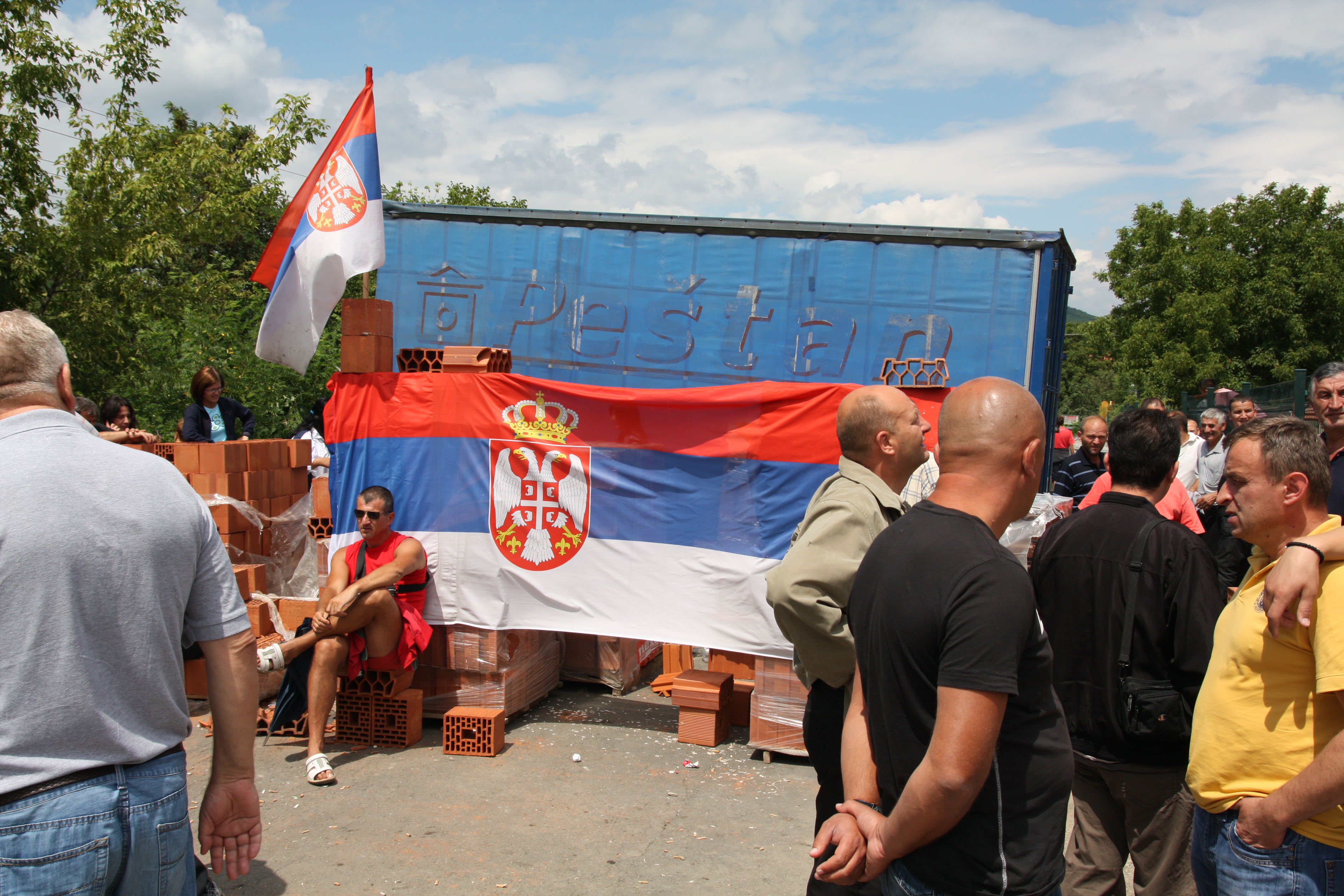|
Shaban Polluzha
Shaban Mustafë Kastrati (1871 – 21 February 1945), known as Shaban Polluzha, was a Kosovo Albanian military leader active in Drenica during World War II. He was a collaborationist, serving in the Royal Albanian gendarmerie and as a commander of the '' Vulnetari'' militia. He was briefly a member of the Balli Kombëtar. He was killed by the Yugoslav Partisans. Early life Shaban was born in GODANC, in the Drenica region (now central Kosovo). He comes from a middle-class family and he was not educated, but as a young man he became involved in political life, which was imposed on him by the circumstances and injustices of the occupying regimes. World War I and II He fought against the Bulgarians and Austrians during the First World War, afterwards he fought for the Kaçak movement against the Kingdom of Yugoslavia. Shaban Polluzha was one of the most famous commanders of the Drenica area during the Second World War. During the Second World War, he was also the commande ... [...More Info...] [...Related Items...] OR: [Wikipedia] [Google] [Baidu] |
Drenica
Drenica ( al, Drenicë, Drenica, ), also known as the Drenica Valley, is a hilly region in central Kosovo, covering roughly around of Kosovo's total area (6%). It consists of two municipalities, Drenas and Skenderaj, and several villages in Klina, Zubin Potok, Mitrovica and Vushtrri. It is located west of the capital, Pristina. According to the 2011 Census, the population of the region is 109,389, excluding the surrounding villages. Albanians form the absolute majority of the region. Etymology The etymology of the name is disputed. Explanations can be found in both Albanian and Serbian. It might derive from Albanian ''dren'' meaning deer or from Serbian: дрен/''dren'' meaning cornel. Same toponym exist as Drenas in Drenica, Drenova in Albania and Drenoc (also called as Dreni), all derived from the Albanian origin. Geography Drenica is located in the center of what is today Kosovo, in the western part of the region itself of Kosovo. It is sometimes regarded as a ... [...More Info...] [...Related Items...] OR: [Wikipedia] [Google] [Baidu] |
Novi Pazar
Novi Pazar ( sr-cyr, Нови Пазар, lit. "New Bazaar"; ) is a city located in the Raška District of southwestern Serbia. As of the 2011 census, the urban area has 66,527 inhabitants, while the city administrative area has 100,410 inhabitants. The city is the cultural center of the Bosniaks in Serbia and the region of Sandžak. A multicultural area of Muslims and Orthodox Christians, many monuments of both religions, like the Altun-Alem Mosque and the Church of the Holy Apostles Peter and Paul, are found in the region which has a total of 30 protected monuments of culture. Name During the 14th century under the old Serbian fortress of Stari Ras, an important market-place named ''Trgovište'' started to develop. By the middle of the 15th century, in the time of the final Ottoman Empire conquest of Old Serbia, another market-place was developing some 11 km to the east. The older place became known as ''Staro Trgovište'' (Old Trgovište, tr, Eski Pazar) and the y ... [...More Info...] [...Related Items...] OR: [Wikipedia] [Google] [Baidu] |
Ibarski Kolašin
North Kosovo ( sr, Северно Косово, Severno Kosovo; sq, Kosova Veriore), also known as the Ibar Kolašin ( sr, Ибарски Колашин, Ibarski Kolašin; sq, Koloshini i Ibrit or ''Kollashini i Ibrit''; earlier ''Old Kolašin'', sr, Стари Колашин, Stari Kolašin; sq, Koloshini i Vjetër or ''Kollashini i Vjetër''), is a region in the northern part of Kosovo, generally understood as a group of four municipalities with ethnic Kosovo Serbs majority: North Mitrovica, Leposavić, Zvečan and Zubin Potok. Prior to the 2013 Brussels Agreement, the region functioned independently from the institutions in Kosovo, as they refused to acknowledge and recognize the independence of Kosovo, declared in 2008. The Government of Kosovo opposed any kind of parallel government for Serbs in this region. However, the parallel structures were all abolished by the Brussels Agreement, signed between the governments of Kosovo and Serbia. Both governments agreed upon cre ... [...More Info...] [...Related Items...] OR: [Wikipedia] [Google] [Baidu] |
Bislim Bajgora
Bislim Kadri Bajgora (c. 1900 – 1 March 1947) was an Albanian nationalist and Axis collaborator, Adjutant for the Balli Kombetar forces of Kosovo during World War II. Early life Born in Mitrovica sometime around the 1900s to an Albanian patriotic family, he grew up with guns and tales of Albanian heroism. He was from the Shala tribe of Mitrovica. When the Axis powers occupied Kosovo in the 1940s, Kosovar-Albanians saw the chance to free themselves from Yugoslav rule and collaborated with the Germans. When the Germans occupied Kosovo, the Albanians freely chose to serve in the German Army which surprised the Germans. Bislim Bajgora was offered by the DDR to join the German military police and get a plot in Hamburg, and Bislim rejected it, and said that he will not accept it and he will fight for his country. The Germans had for a long time been very interested in working the Trepca mines and when they seized it, they started producing zinc and lead for the army. When the ... [...More Info...] [...Related Items...] OR: [Wikipedia] [Google] [Baidu] |
Communists
Communism (from Latin la, communis, lit=common, universal, label=none) is a far-left sociopolitical, philosophical, and economic ideology and current within the socialist movement whose goal is the establishment of a communist society, a socioeconomic order centered around common ownership of the means of production, distribution, and exchange which allocates products to everyone in the society.: "One widespread distinction was that socialism socialised production only while communism socialised production and consumption." Communist society also involves the absence of private property, social classes, money, and the state. Communists often seek a voluntary state of self-governance, but disagree on the means to this end. This reflects a distinction between a more libertarian approach of communization, revolutionary spontaneity, and workers' self-management, and a more vanguardist or communist party-driven approach through the development of a constitutional socialist ... [...More Info...] [...Related Items...] OR: [Wikipedia] [Google] [Baidu] |
Sandžak
Sandžak (; sh, / , ; sq, Sanxhaku; ota, سنجاق, Sancak), also known as Sanjak, is a historical geo-political region in Serbia and Montenegro. The name Sandžak derives from the Sanjak of Novi Pazar, a former Ottoman administrative district founded in 1865. Serbs usually refer to the region by its medieval name of Raška. Between 1878 and 1909 the region was placed under Austro-Hungarian occupation, following which it was ceded back to the Ottoman Empire. In 1912 the region was divided between the kingdoms of Montenegro and Serbia. The most populous city in the region is Novi Pazar in Serbia. Etymology ''Sandžak'' is the transcription of Turkish ''sancak'' (sanjak, "province"); the Sanjak of Novi Pazar, known in Serbo-Croatian as ''Novopazarski sandžak''. In Serbian, the region is known by its pre-Ottoman name, Raška. Geography Sandžak stretches from the southeastern border of Bosnia and Herzegovina to the borders with Kosovo and Albania at an area of around ... [...More Info...] [...Related Items...] OR: [Wikipedia] [Google] [Baidu] |
Kolašin
Kolašin (Montenegrin Cyrillic: Колашин, ) is a town in northern Montenegro. It has a population of 2,989 (2003 census). Kolašin is the centre of Kolašin Municipality (population 9,949) and an unofficial centre of Morača region, named after Morača River. History Ottoman period Kolašin, fortress-settlement, was raised by the Turks in the middle of the 17th century in the namesake village in Nikšić district (nahiye). The village of Kolašin was first mentioned in the Sultan's Decree in 1565, by which the deceased Grand Duke Miloš was replaced by his son Todor. The Turkish town was named after the former village of Kolašin. In 1651, Patriarch Gavrilo assigned Eparch of Zahumsko, the Eparchy of Nikšić, Plana, the Kolašinovićevs and the Morača to Basil of Ostrog. This document also, like the one from 1667, shows that the Orthodox Christian population of this region called the Kolašinovići, was organized in a recognized and respected tribal community of t ... [...More Info...] [...Related Items...] OR: [Wikipedia] [Google] [Baidu] |
Montenegro
) , image_map = Europe-Montenegro.svg , map_caption = , image_map2 = , capital = Podgorica , coordinates = , largest_city = capital , official_languages = Montenegrin , languages2_type = Languages in official use , languages2 = , ethnic_groups = , ethnic_groups_year = 2011 , religion = , religion_year = 2011 , demonym = Montenegrin , government_type = Unitary parliamentary republic , leader_title1 = President , leader_name1 = Milo Đukanović , leader_title2 = Prime Minister , leader_name2 = Dritan Abazović (acting) , leader_title3 = Speaker , leader_name3 = Danijela Đurović , legislature = Skupština , sovereignty_type = Establishment history , established_event1 = Principality of Duklja , established_date ... [...More Info...] [...Related Items...] OR: [Wikipedia] [Google] [Baidu] |
Second World War
World War II or the Second World War, often abbreviated as WWII or WW2, was a world war that lasted from 1939 to 1945. It involved the World War II by country, vast majority of the world's countries—including all of the great powers—forming two opposing military alliances: the Allies of World War II, Allies and the Axis powers. World War II was a total war that directly involved more than 100 million Military personnel, personnel from more than 30 countries. The major participants in the war threw their entire economic, industrial, and scientific capabilities behind the war effort, blurring the distinction between civilian and military resources. Air warfare of World War II, Aircraft played a major role in the conflict, enabling the strategic bombing of population centres and deploying the Atomic bombings of Hiroshima and Nagasaki, only two nuclear weapons ever used in war. World War II was by far the List of wars by death toll, deadliest conflict in hu ... [...More Info...] [...Related Items...] OR: [Wikipedia] [Google] [Baidu] |
Kingdom Of Yugoslavia
The Kingdom of Yugoslavia ( sh-Latn-Cyrl, separator=" / ", Kraljevina Jugoslavija, Краљевина Југославија; sl, Kraljevina Jugoslavija) was a state in Southeast and Central Europe that existed from 1918 until 1941. From 1918 to 1929, it was officially called the Kingdom of Serbs, Croats and Slovenes ( sh-Latn-Cyrl, separator=" / ", Kraljevina Srba, Hrvata i Slovenaca, Краљевина Срба, Хрвата и Словенаца; sl, Kraljevina Srbov, Hrvatov in Slovencev), but the term "Yugoslavia" (literally "Land of South Slavs") was its colloquial name due to its origins."Kraljevina Jugoslavija! Novi naziv naše države. No, mi smo itak med seboj vedno dejali Jugoslavija, četudi je bilo na vseh uradnih listih Kraljevina Srbov, Hrvatov in Slovencev. In tudi drugi narodi, kakor Nemci in Francozi, so pisali že prej v svojih listih mnogo o Jugoslaviji. 3. oktobra, ko je kralj Aleksander podpisal "Zakon o nazivu in razdelitvi kraljevine na upravna območja ... [...More Info...] [...Related Items...] OR: [Wikipedia] [Google] [Baidu] |






